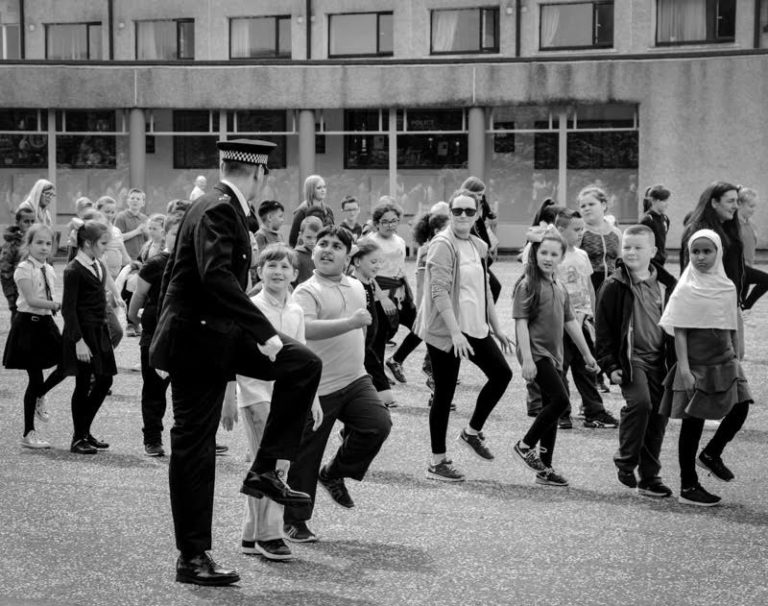
From mentoring to parenting training and out of school activities a new report looks at the evidence of what works to reduce youth violence.
With the pandemic likely to increase the risk factors for youth violence, the report highlights the urgent need to understand which strategies offer the best options for prevention.
‘What Works to Prevent Youth Violence: A Summary of the Evidence’ was written by the SVRU’s Dr Kirsten Russell in association with the Scottish Government’s Justice Analytical Services (JAS). The report summarises the available international evidence on the effectiveness of a variety of interventions.
The focus is on primary prevention initiatives, which look to stop young people engaging in violence by targeting the factors which put them more at risk.
Youth violence is broadly defined in the report as violence that takes place between individuals aged between 10 and 29-years-old and can take a variety of forms from physical to verbal, financial and emotional.
The report aims to:
- Bring together existing evidence about youth violence prevention interventions.
- Provide a clear indication of the effectiveness of interventions
- Provide information around the factors which prevent, or promote, the successful implementation of interventions.
Among the findings is strong evidence that school and education-based interventions are effective in preventing youth violence. These include bullying and prevention programmes and social and emotional learning programmes like PATHS.
Bystander programmes like Mentors in Violence Prevention, good quality pre-school education, and parenting training/education are all highlighted as promising interventions while deterrence and fear-based approaches are flagged as either having no effect or potentially being harmful.
Highlighting the current need to focus on effective programmes Dr Russell states: “The impact of the COVID-19 crisis has the potential to contribute to a rise in youth violence. Moreover, the direct and indirect consequences of violence are broad, extending beyond victims and perpetrators to families and communities. As such, the evidence presented within this report can contribute to decision-making in work to prevent youth violence.”
A deep dive analysis of recorded crime data between 2008/09 and 2017/18 in Scotland showed a 10% decrease in both victims and perpetrators of serious assault and attempted murder between the age of 10 and 29. However despite this decline in 2017/18 nearly half of all victims and perpetrators of violence were young people.
